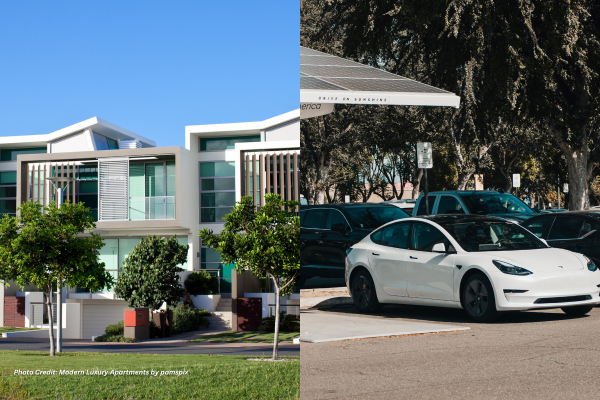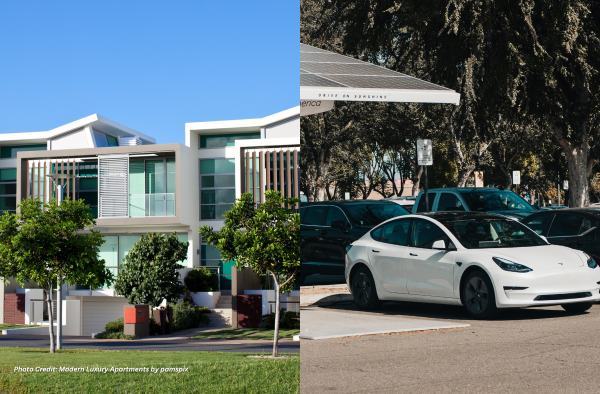
- Trending Stories

Government’s looming record-keeping crisis
Anne Cornish, CEO Records and Information Management Practitioners Alliance (RIMPA)
Opinion 2023: Fueling growth and advancement
Justin Lance Marcel Lavadia


Liz Daykin on enhancing data governance for organisational success
Justin Lance Marcel Lavadia
Karthik Murugan on balancing tech innovation, security, and compliance in the public sector
Justin Lance Marcel Lavadia
Benjamin Henshall of Denodo on the evolution of data virtualisation in recent years
Justin Lance Marcel Lavadia
Featured Leaders 2023: Facing data reforms and advancements within Australia’s public sector
Justin Lance Marcel Lavadia
CDPs revolutionise Australia’s data management
Justin Lance Marcel Lavadia
Smoke alarm scam exposes homeowners
Editors Publicspectrum
AFP busts cybercriminals in LabHost scheme
Justin Lance Marcel Lavadia
Australia Post revamps delivery services
Editors Publicspectrum - Events
- Get Involved
- Jobs
- Key Focus

Smoke alarm scam exposes homeowners
Editors Publicspectrum
AFP busts cybercriminals in LabHost scheme
Justin Lance Marcel Lavadia
Secure-by-design bolsters IoT cybersecurity future
Justin Lance Marcel Lavadia
Temu defends amid global data scrutiny
Justin Lance Marcel Lavadia

CDPs revolutionise Australia’s data management
Justin Lance Marcel Lavadia
Australian businesses navigate personalisation and privacy
Justin Lance Marcel Lavadia
Harnessing Data: Insights from the 10th Annual Aus Government Data Summit
Justin Lance Marcel Lavadia
Country Change unveils NSW relocation resource
Editors Publicspectrum
Harnessing Data: Insights from the 10th Annual Aus Government Data Summit
Justin Lance Marcel Lavadia
Senate inquiry exposes bank closure lies
Editors Publicspectrum
Australians concerned as cashless society emerges
Editors Publicspectrum
Touring app launches innovative water tours
Justin Lance Marcel Lavadia
How to navigate complex government workflows and streamline operations
Kilimanjaro Consulting
Macquarie Technology Group receives Gallup workplace award
Justin Lance Marcel Lavadia



Australians rally, advocate People’s Bank against ‘bankocracy’
Justin Lance Marcel Lavadia
Penrith wins NSW sustainable cities award 2023
Justin Lance Marcel Lavadia
Australia Post revamps delivery services
Editors Publicspectrum
Study finds high household electricity spending
Editors Publicspectrum
Sydney’s upcoming suburb sparks excitement
Editors Publicspectrum
Queensland apartments grapple with electric vehicle surge
Editors Publicspectrum - Authors
Menu

















